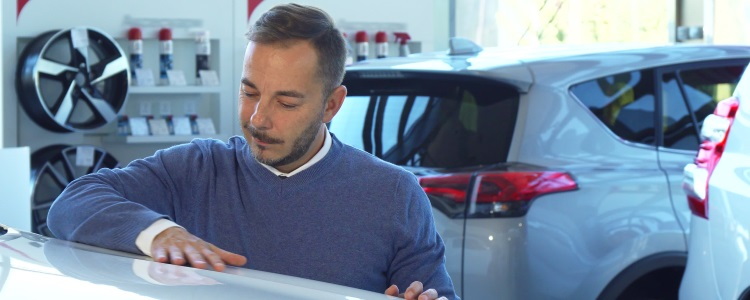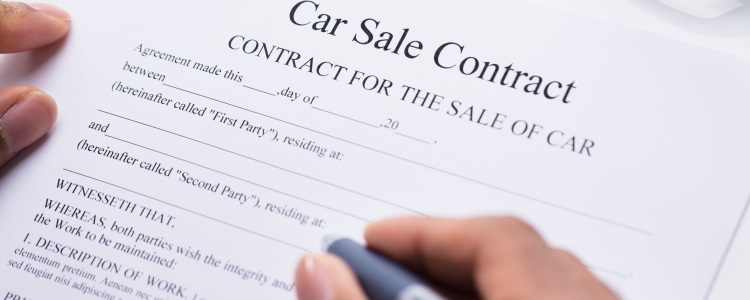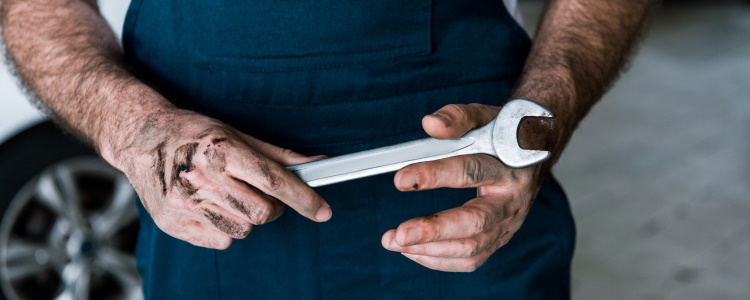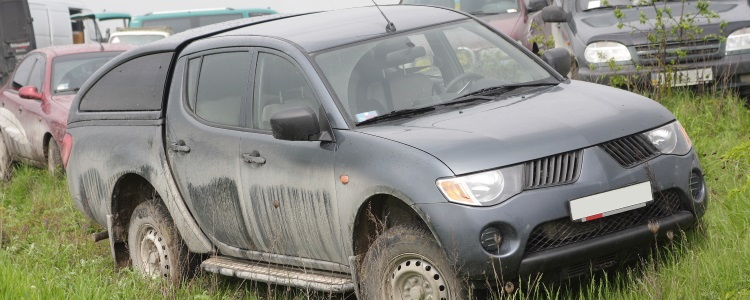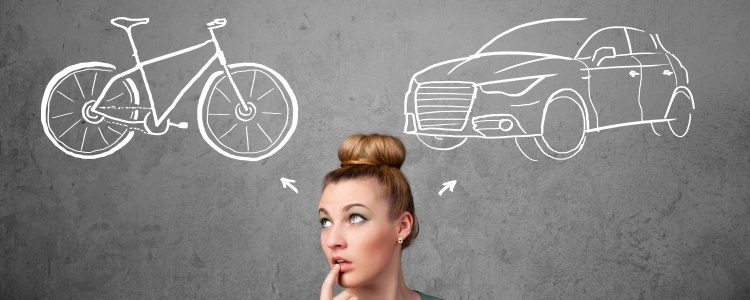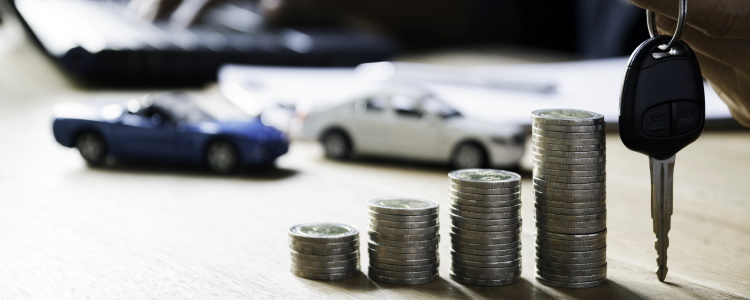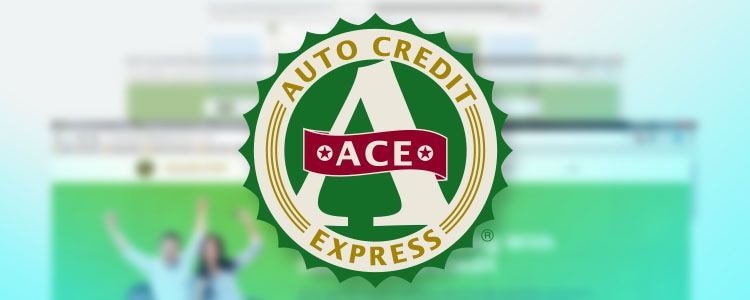Used cars are usually sold as is, which means you should take extra care to inspect any used vehicle you're thinking about purchasing. This goes for any car, regardless of where you're buying it. Let's take a look at what the term "as is" means, and what to look for in a used vehicle.
What Does it Mean to Buy a Car As Is?
 As is means that if you buy this car, you're accepting it in its current condition. This doesn't refer to once the dealership fixes the brakes or replaces the tires.
As is means that if you buy this car, you're accepting it in its current condition. This doesn't refer to once the dealership fixes the brakes or replaces the tires.
As is means you’re accepting the vehicle even though there may be some other underlying mechanical issues. The point is, the dealer believes that a car that fits this description is fit to be sold, and you won't know it’s true condition until you take a test drive and have a certified mechanic thoroughly check it over.
What to Look for in a Used Car
When is the best time to have a used vehicle checked out? The answer: before you sign a contract. There's not typically any type of return policy on used cars, and once you sign on the dotted line, you're bound to that contract. This means you should be as thorough as possible when you're checking out and test driving vehicles.
Here are four pointers on what to look for in a used car:
- Visually inspect the vehicle. Look carefully at the exterior and interior, checking for any dents, dings, scratches, rust spots, tears, or signs of excessive wear. Check the tires, open all the doors, pop the trunk and the hood and look around thoroughly. Don't forget to look at the weather stripping around the doors, and to open and close the fuel door to ensure it functions properly. You should aim to look at cars outside on a sunny day so that you can see everything clearly. You should also check underneath the vehicle and ensure there are no signs of leaking fluids.
- Take a test drive. Don't let the sales person dictate your test drive. You need to see how the car you're thinking about buying performs in the situations you're going to experience. If your daily commutes takes you to more places than a trip at 25 mph down a quiet street, then you should choose the route. Take it on the highway, accelerate up to speed, and perform passing and braking tests. On the street, make both right- and left-hand turns, and check reverse and parking maneuvers in a parking lot. Check every knob, turn every dial, and test the seat belts, the heat, air, radio, and other power functions.
- Check the VIN. This means getting a vehicle history report, and also decoding the VIN to ensure that everything matches. If you pull up a vehicle history report on the VIN you wrote down from a black Toyota Camry, and it comes back with the specs for a gray Honda Civic, you should walk away (and report the discrepancy). Also, make sure you read the Federal Trade Commission (FTC) buyer’s guide window sticker carefully. The buyer’s guide is mandated by the FTC and tells you that the car is being sold as is. If there's any type of warranty on the vehicle you're looking at, it's listed on the sticker.
- Have the car checked out by a certified mechanic. This is the big one. It's really important to have a mechanic look over any used vehicle you're thinking about buying because they should know how to spot signs of damage or repair that the untrained eye might miss. Certified master mechanics can also look deeper into the various systems than you can't, and let you know for certain if the car's in good working order. Be wary of any dealership that won't let you have a vehicle inspected by an independent certified mechanic.
Do Homework before You Hit the Dealership
Research is key before you even set foot on a lot to look for a car. You should always have a budget and a plan going in. Know your driving needs, and have a list of must-haves prepared so you can stay focused on getting the vehicle you need, not the one a salesperson wants to sell you.
You should look up average price ranges, safety ratings, reliability ratings, and customer reviews before you head to a dealer. Additionally, you should know which safety features are available for a particular brand so you can get the features you need. Remember, you're looking at used cars, so be sure and research the right model year, as features can change.
Where to Go to Get an Auto Loan
Now that you know what to look for in a used vehicle, you're going to need a place to go to get one. It can be difficult to find the right dealership to go to when you have bad credit, as not all dealers work with lenders that can help people who are struggling with credit issues. Instead of driving all over trying to find a dealership with the lenders you need, why not let Auto Credit Express help?
We work with a nationwide network of special finance dealers, and we can connect you with one in your area. Simply fill out our easy online auto loan request form, and we'll get the process of matching you with a local dealership started right away.
